Living Heroes, Part 2
- By Guest blogger
- 18 April, 2015
- 2 Comments
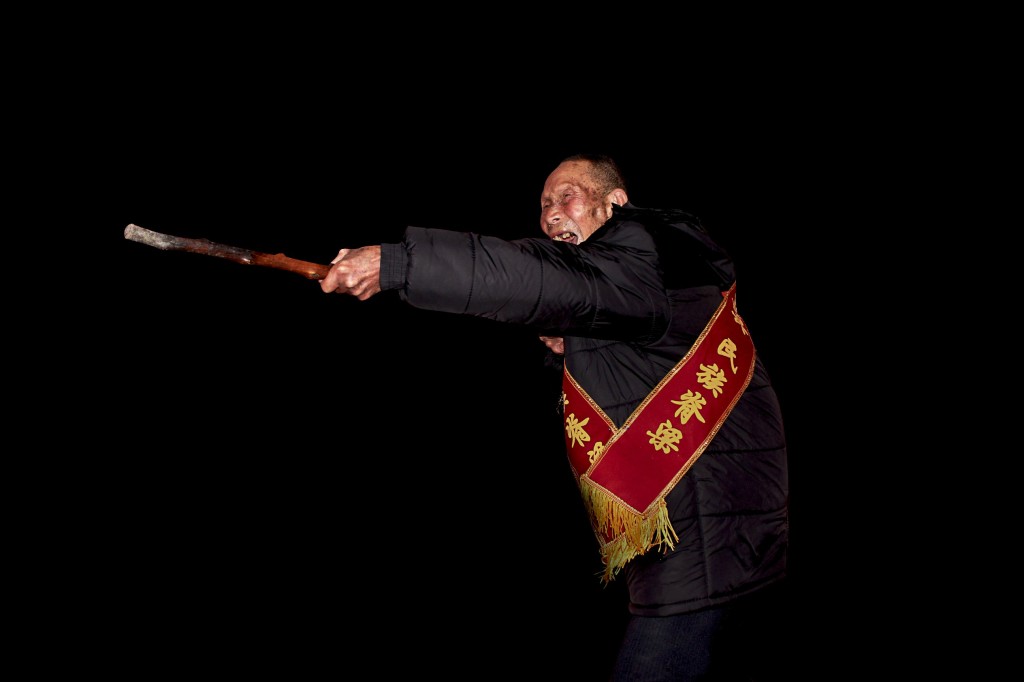
This is the second in a series of articles introducing Chinese veterans of the Second Sino-Japanese War, some of whom are now about 100 years old. The fact that a broader public can now finally learn their stories is all thanks to the Youxin Foundation, which looks after many of the old heroes. The copyright of all photos on this page belongs to the Youxin Foundation.
Ma Dingxin (b. 1917 – see photo above) was a soldier in a machine-gun company in the 3rd Battalion, 273rd Regiment, 91st Division, 85th Army of the National Revolutionary Army. He now lives in Deyang, Sichuan province. In 1937, he joined the army to replace his father, who would otherwise have had enroll. He immediately left Sichuan to fight the Japanese. He was transferred to Hubei province and served at Yichang and Zaoyang. Because the Chinese equipment was less sophisticated than what the Japanese had, it soon became a guerilla-style campaign. He saw particularly fierce action in Hubei in 1940. During eight years of war, he never left the battlefield.
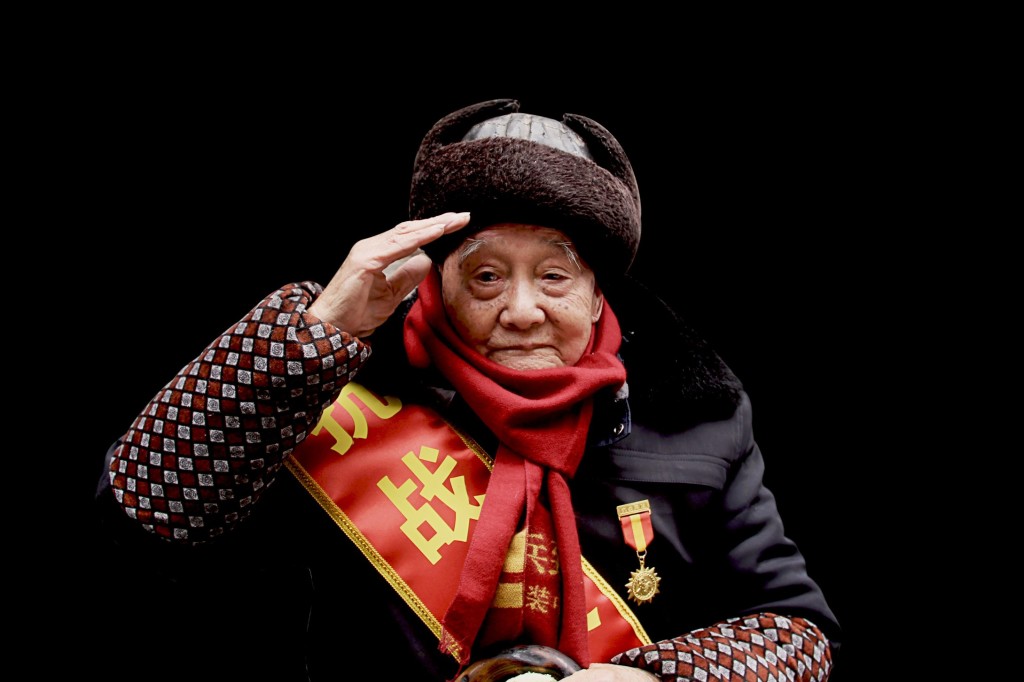
Liang Shaowen (b. 1917) was a soldier in a machine-gun company in the 2nd Battalion, 108th Regiment, 18th Division, 54th Army of the National Revolutionary Army. He was recruited in 1938 and transported by boat from Chongqing to Yichang, continuing by foot to Yiyang in Hunan province, where he was attached to the 54th Army. He took part in the 1939 Nanchang campaign and the subsequent winter campaign. He now only gets public support of 90 yuan (15 dollars) a month and is taken care of by his daughter.
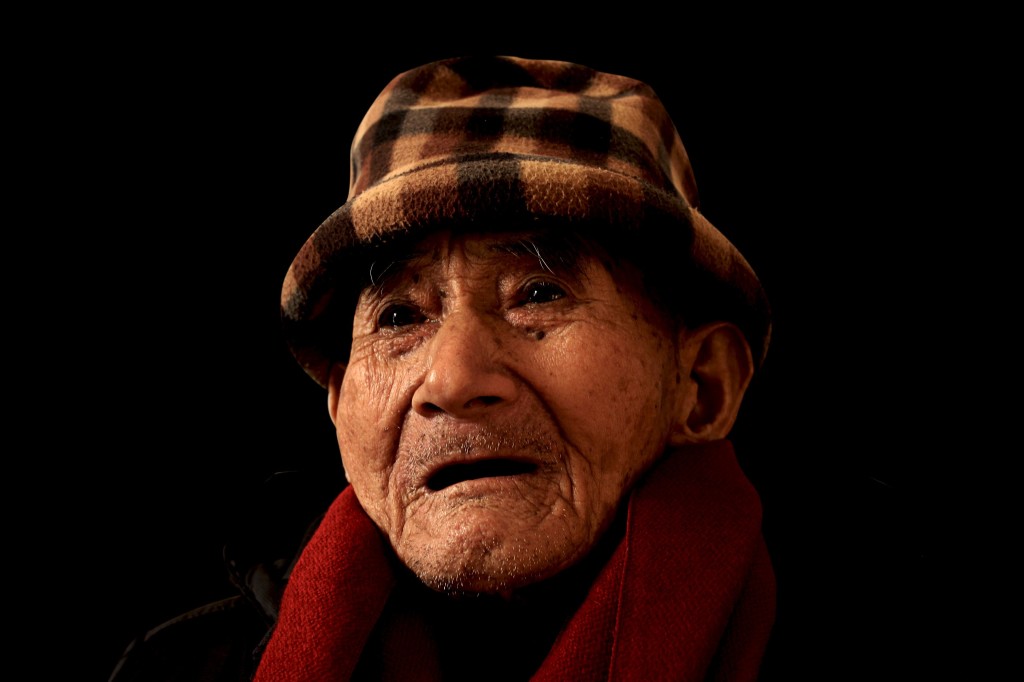
Wang Zhiming (b. 1921) was a machine gunner in the 8th Temporary Division of the 2nd Army. He now lives in Luoding, Guangdong province. He was recruited in 1937 and initially served with the Tax Police Division in Guangzhou. After the fall of Guangzhou, he followed his unit into the 8th Temporary Division. He rose from deputy squad commander to squad commander, taking part in the battles for northern Guangdong, Changde, Changsha-Hengyang and Guilin-Liuzhou. He was injured several times. After the victory in 1945, he was among the soldiers sent by ship to Taiwan to accept the Japanese surrender there.
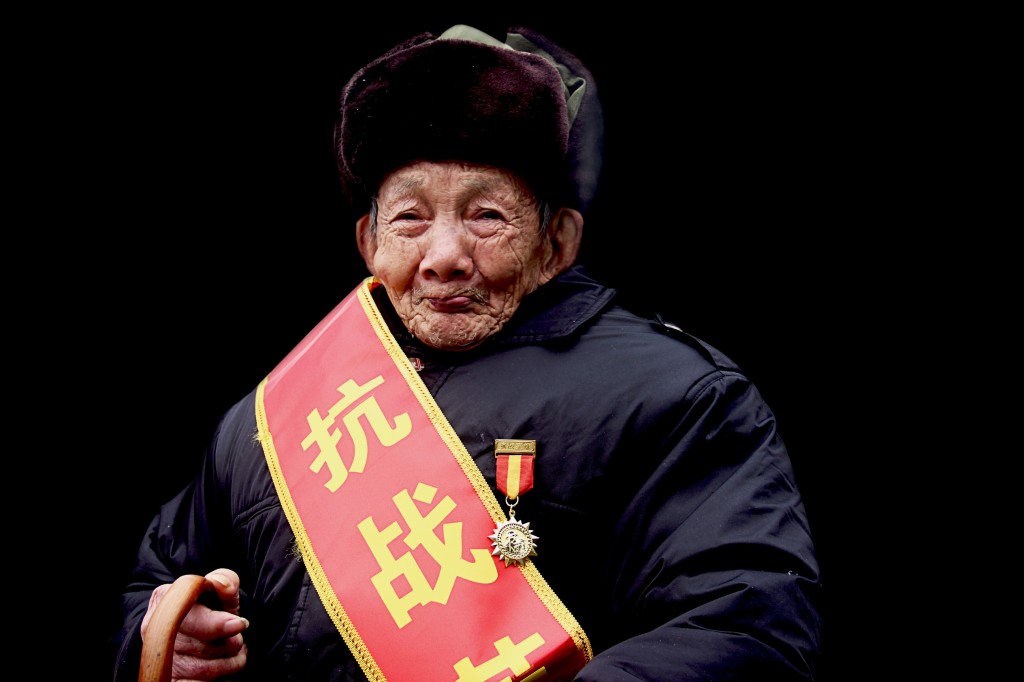
Luo Decheng (b. 1922) was a machine gunner in the 121st Division, 94th Army of the National Revolutionary Army. He now lives in Chongqing. He joined the army in 1942, and was picked to operate a heavy machine gun. He took part in the battles of Exi and Changde, both in 1943, and in 1945, while pursuing the enemy, he was injured on the border of Guangxi and Hunan. He suffered a stroke some years ago and has difficulty speaking. He gets by on public support of 90 yuan (15 dollars). His children and grandchildren work elsewhere in China.
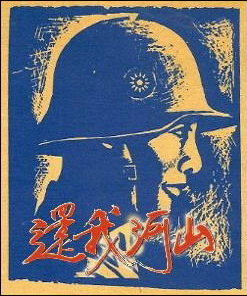


 Copyright © 2025
Copyright © 2025
It’s funny how the communists conveniently takes credit for World War II victory when they were nothing but a band of rebels between 1937 and 1945, concerned more about overthrowing the legitimate government than fighting the Japanese.
After all they’ve been thru, these old gentlemen are living off of public subsidies of $15 USD each. Their numbers dwindled year by year, can’t the PRC gov’t do anything for them? Or is it because these are KMT veterans?